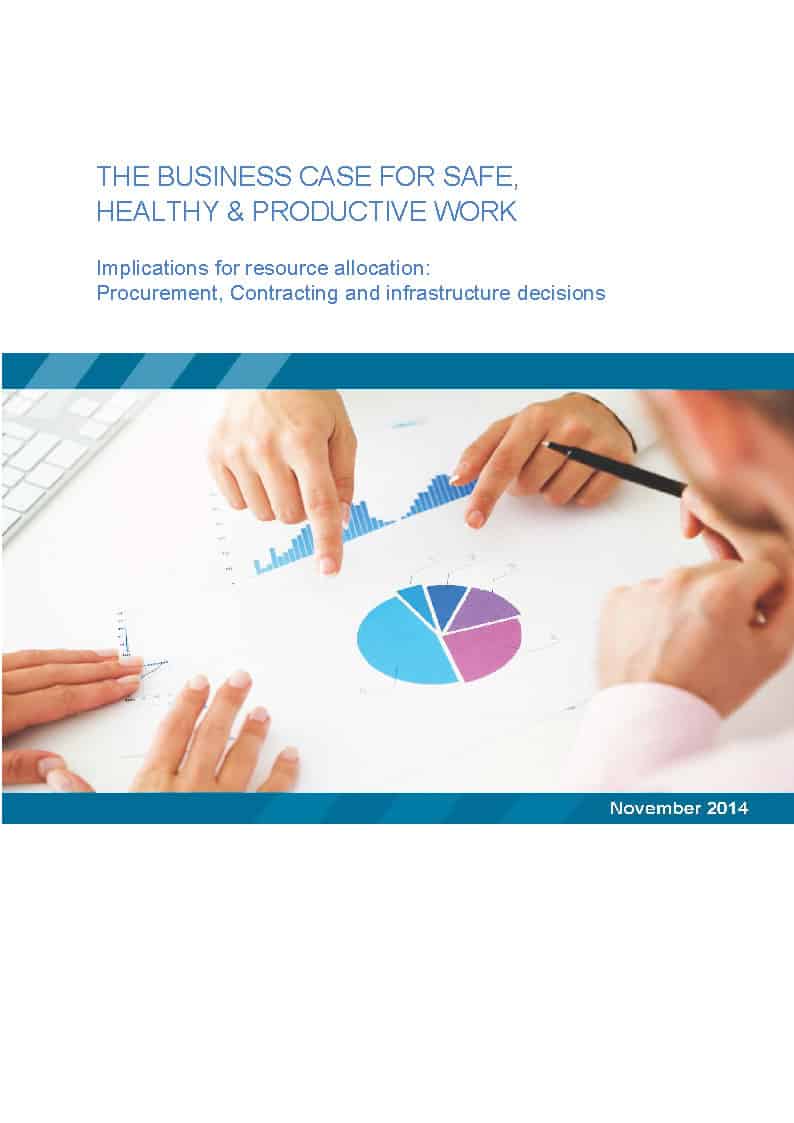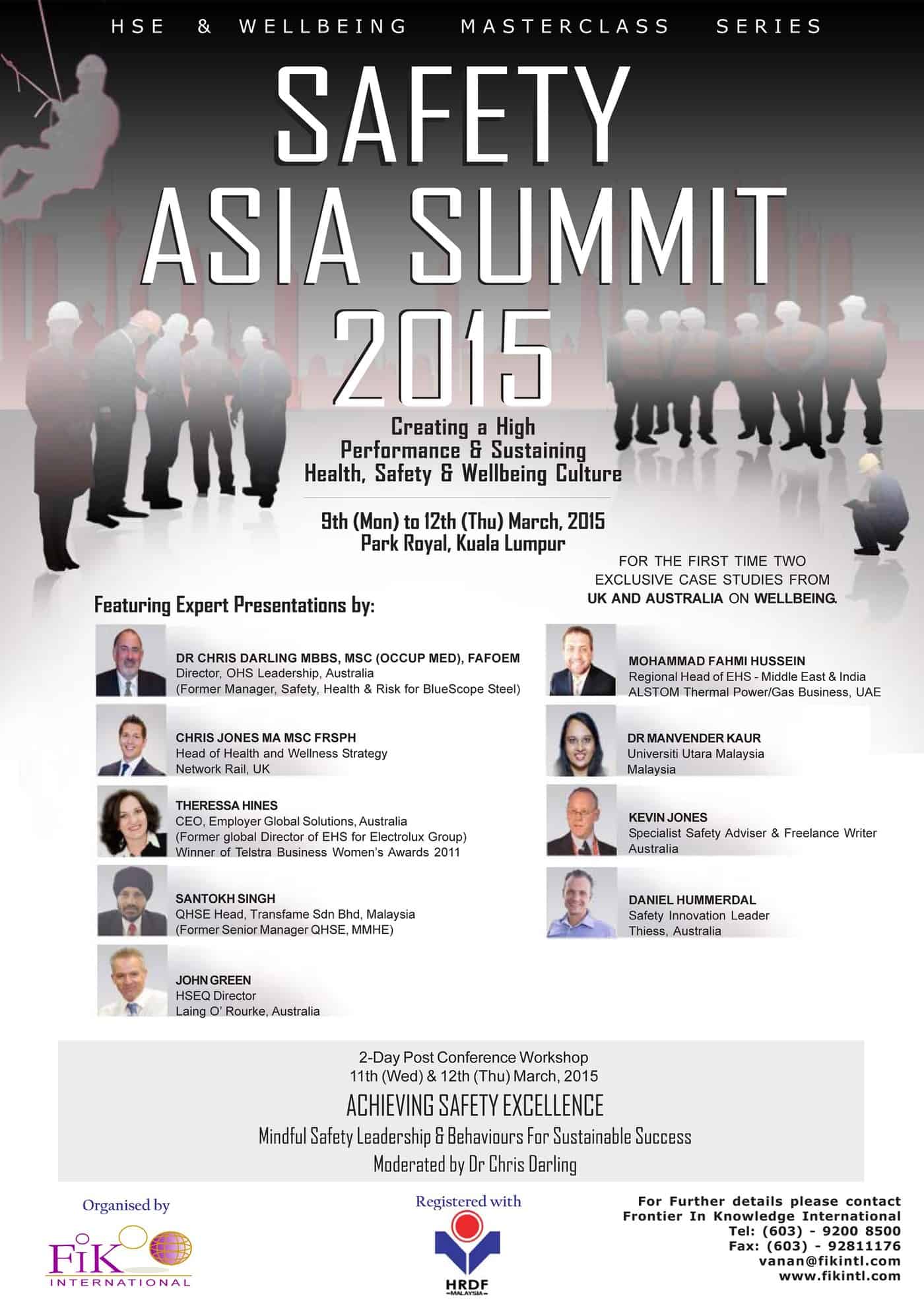 Safe Work Australia recently released its second research paper related to developing or communicating a business case for occupational health and safety (OHS). The paper has been authored by Sharron O’Neill and is called “The Business Case for Safe, Healthy and Productive Work – Implications for resource allocation: Procurement, Contracting and infrastructure decisions“. O’Neill’s paper clearly challenges the dominant thinking of OHS and costs.
Safe Work Australia recently released its second research paper related to developing or communicating a business case for occupational health and safety (OHS). The paper has been authored by Sharron O’Neill and is called “The Business Case for Safe, Healthy and Productive Work – Implications for resource allocation: Procurement, Contracting and infrastructure decisions“. O’Neill’s paper clearly challenges the dominant thinking of OHS and costs.
O’Neill states that the quality of previous analyses of OHS business costs have been “fundamentally poor”, partly because
“Rather than strategically examining the cost-benefit to business of work health and safety, the typical ‘silo’-driven analysis produces a narrow focus on a very different concept; the cost-benefit to business of health and safety interventions. This has obscured much of the potential for improving organisational productivity and operational decision-making.” (page 4, link added)

 SafetyAtWorkBlog is proud to have been listed as one of
SafetyAtWorkBlog is proud to have been listed as one of 